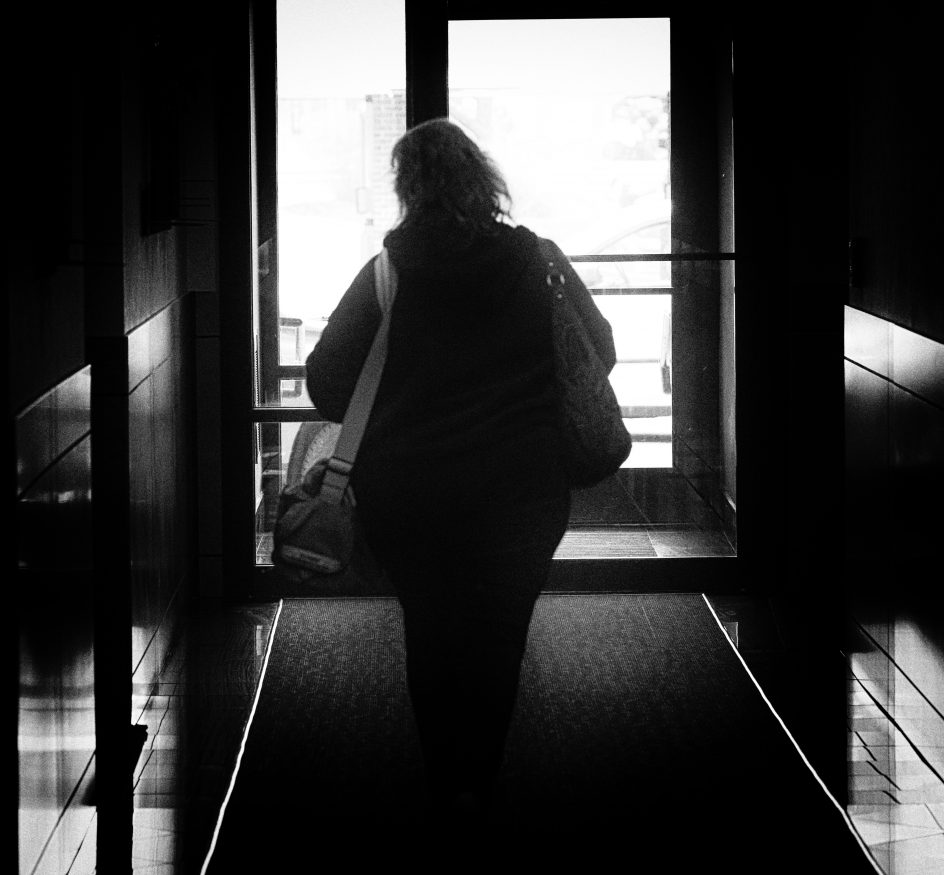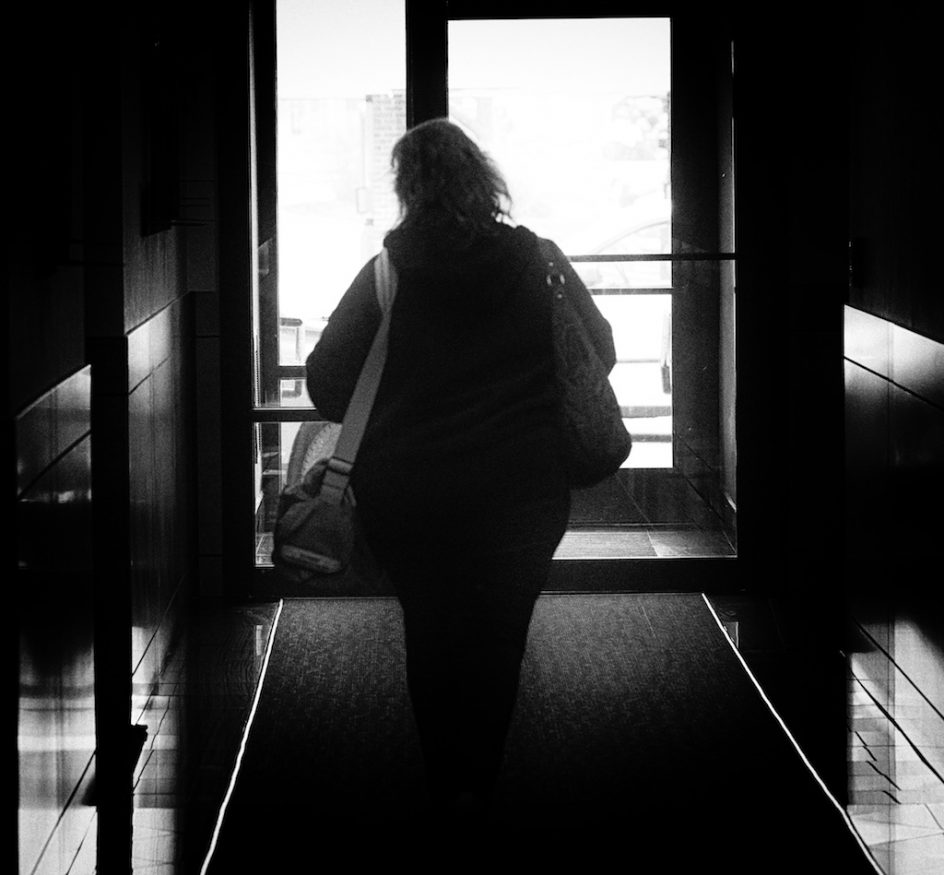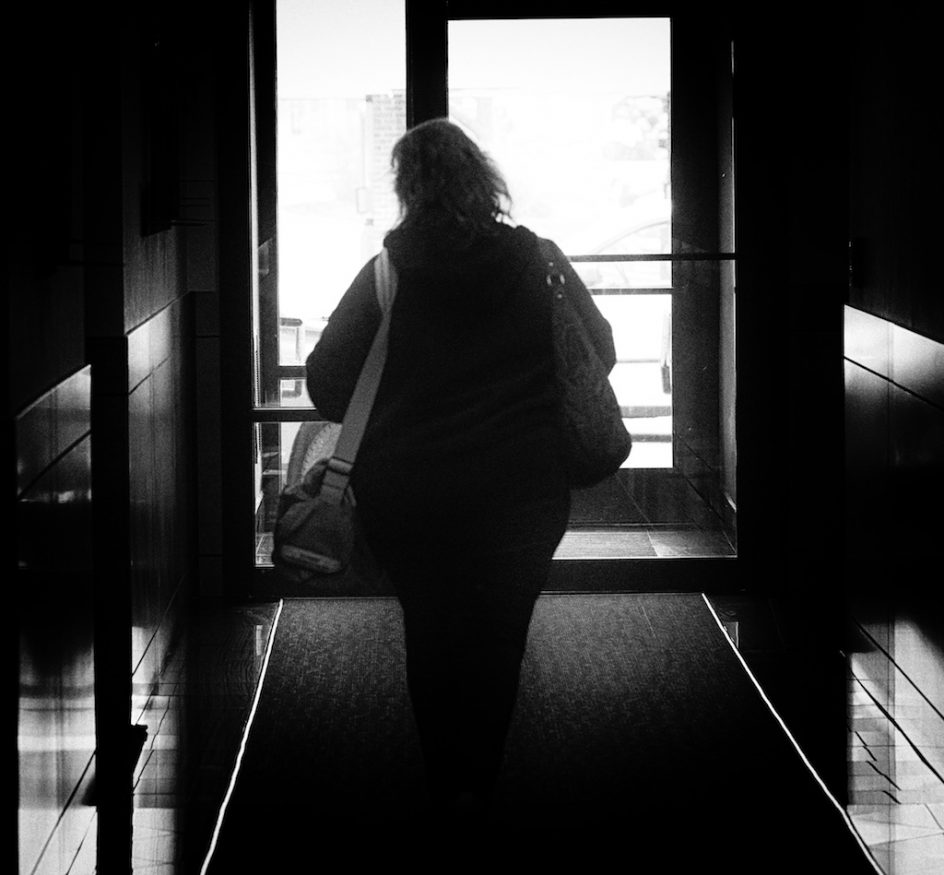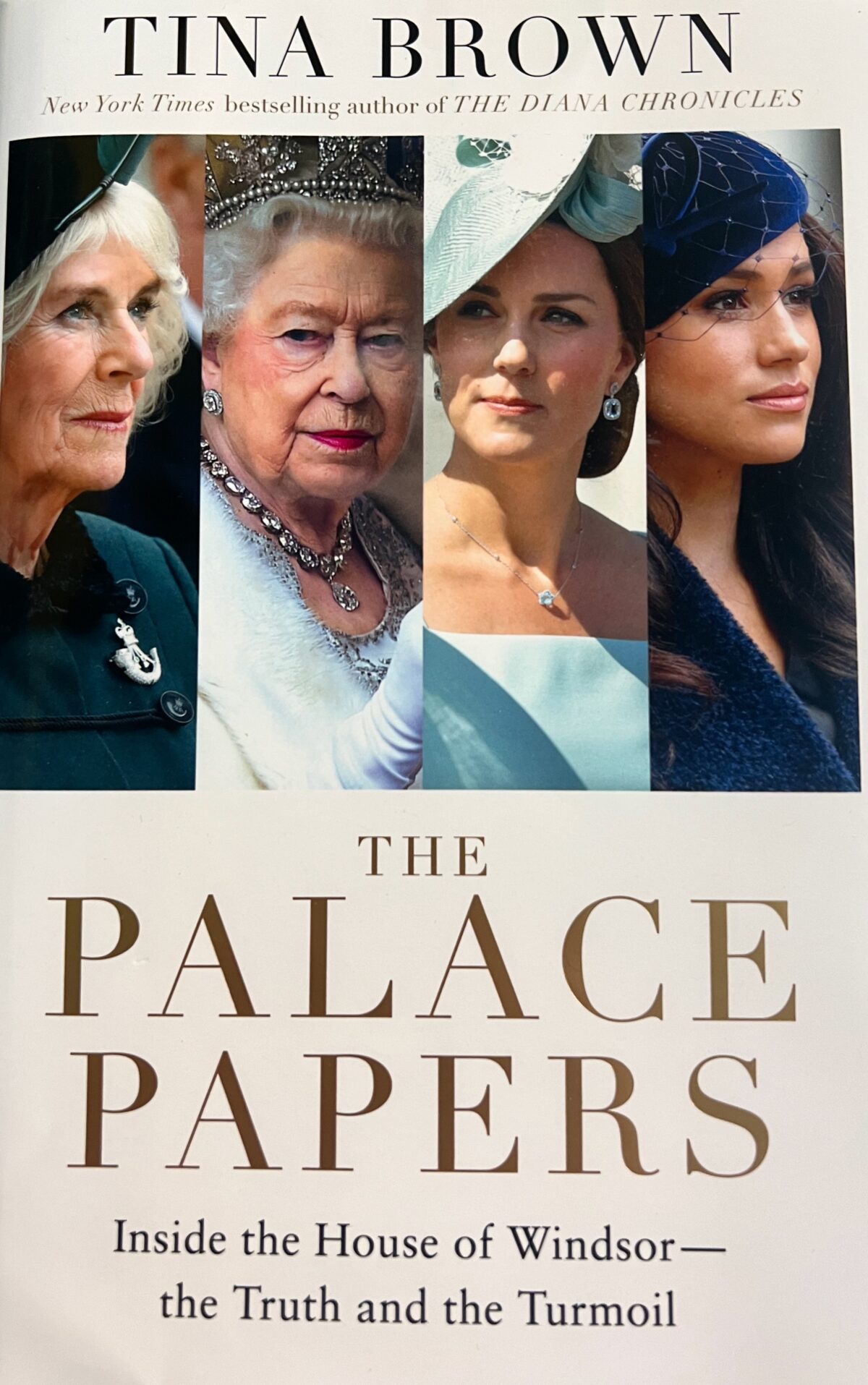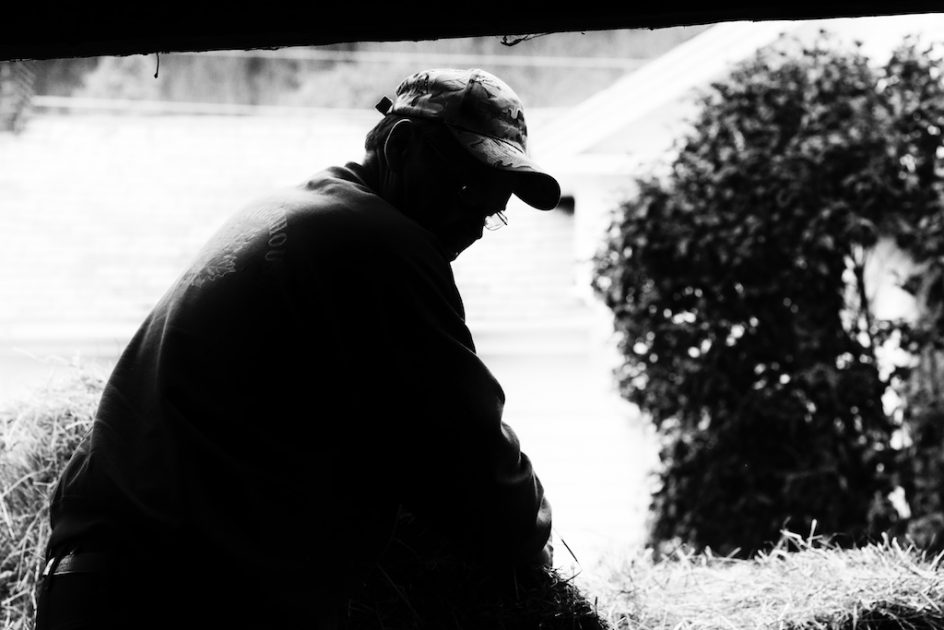
Sad and disturbing news this morning, ICE agents in my area have begun staking out free clinics where undocumented farm workers go for urgent care, following the workers home and arresting them and members of their family. They have already driven these increasingly desperate people away from supermarkets, court houses, and chain and convenience stories.
They are terrified, exchanging stories of seized friends and lovers, even children, warning one another of the perils of their already difficult lives. They have become expert at spotting ICE vans and stalkers, the people who are driving them into hiding.
A few months ago, I began writing about Camilla, (this is not her real name), an undocumented farm worker who has been living peacefully and working brutishly hard on nearby farms. We have taken her to see a lawyer twice, and worried with her as she describes the harrowing nightmare that have slowly engulfed her life and the lives of her friends.
She is from Mexico, she has been working for more than a decade doing jobs that farmers could not fill with American labor, that American kids and adults did not want – cleaning eggs, shoveling pig manure, cleaning barns and washing cards.
Since the new immigration policies, her life has become increasingly fraught. She was driving near a nearby with a clinic this week that Mexican farm workers go to when they are sick, it is the only clinic for many miles that will treat the undocumented farm workers for little money, or, if necessary, free of charge.
They do not have insurance and now avoid emergency services, hospitals and doctor’s offices.
As she neared the town, she got a Facebook message from a friend – ICE agents from immigration had been waiting in the clinic parking lot for sick Mexican farm workers to show up for treatment. They didn’t arrest them at the clinic but followed them home to the small house they lived in on a neighboring farm.
They raided the house and arrested a dozen farm workers they said were here illegally.. Many of these workers are believed to be sick but are now afraid to seek treatment. This is a massive and growing assault on the very neediest and most vulnerable people.
Camilla said the farm workers are already afraid to call the police, even when robbed or sexually assaulted. They are afraid to go to Wal-Mart or to nearby supermarkets, where ICE agents have been spotted hiding in surveillance vans. The list of places they are afraid to grow expands dramatically as stories of arrests and raids spread.
The Facebook messages of the farm workers are filled with sightings, reports of arrests and deportations, friends and co-workers who are seized and simply disappear into the vast government system of detention camps, prisons and holding facilities. Many – close friends, fellow workers with whom the farm workers have been sharing their lives for years – are simply not heard from again.
Children are terrified to go to school for fear they may never see their parents again, fathers and mothers are torn from their children, one by one, these teams of agents are cutting off the avenues of normal life, and isolating people, many of whom have worked so hard for years in grinding jobs Americans have long stopped even applying for.
Although we did not discuss it, I doubt Camilla has legal papers or visas – she has applied a number of times, and paid taxes to the state every year – but she has lived and worked her for more than a decade, sending money home to her family in Mexico, supporting her grandchildren and great grand-children. She will not buy those heavy winter coats we all wear up here, she works outside in sweatshirts
Even thought she is in her sixties, she works in intensely physical jobs that would challenge a teenager, picking eggs in the freezing cold, helping farmers feed their animals, tend their crops, clean their barns. She works in brutal heat and biting cold. She has ever had a vacation or a day off.
She makes very little money, and in a year or so, the farmers say, people will see the damage this has done in their supermarkets and food costs. Many simply cannot find workers to run their farms.
This is heartbreaking to me, the grandson of immigrants, and a believer in America as a generous country.
For any person of Jewish descent, or for many other immigrants and refugees, the images evoked by ICE’s assault on these people are horrific. I have known Camilla for some years, she is a good friend, and it is wrenching to see her so frightened, she is so sweet and generous a person. She has sacrificed much of her life for her family, broken no laws while she is here, taken no vacations, stolen no jobs from local residents, committed no crimes.
I believe she deserves a chance to live and stay in America, but that is not my decision, and our elected officials seem unable to deal with the issue in a rational or compassionate way.
I have worked hard to understand the Trump experiment.
Simply put, Trump has, from the first, addressed people who feel silenced and marginalized by immigrants and minorities.
According to Justin Gest, author of “The New Minority: Working Class Politics in an Age Of Immigration and Inequality, a valuable new book, he validates the views of many working class and ordinary voters as he channels conspiracy theories and social resentments.
His off-color remarks about women and minorities, his frustration with “disgusting” people and his false assertions about Mexico’s deliberate exportation of rapists and other criminals across the border has given affirmation and credibility to a large subset of voters who justifiably feel sidelines.
He has also embraced white working class fears about displacement from immigrants – from Mexico – who they believe have taken their jobs and lowered their wages and standard of living, and refugees from the Middle East they believe pose a grave threat to then and their way of life.
Camilla told us this week for the first time that she is thinking of moving back to Mexico rather than face a life of fear and hiding and uncertainty. She says she is not certain she can live in this way for another three or four years, assuming President Trump is not re-elected then.
I feel especially helpless when I hear this, other than to take her to legal counsel and support her in any arrest or court proceedings. Beyond that, there is really nothing Maria and I can do or, that Camilla would permit us to do. She won’t take money from anyone other than to work hard for it.
She is both ethical and independent, she does not want to draw anyone else into her now terrifying struggle. She is a good person, it is impossible not to love her.
Is this really my America? The America of my grandparents, who risked their lives to be here, a country whose generosity and spirit I owe my very life to?
I think all I can do is support the refugees and immigrants of RISSE, who have appeared out of this angry and dark mist to help me focus my feelings about liberty and justice in a constructive way. The ICE agents cannot follow them to their doctors or schools or stories or playing fields or bring more terror to them and their families.
They are here legally and can live freely. And they need help too.
I fear Camilla’s dream of such a life is slipping away, she says she is already packing up her things and shipping them to Mexico in case she is arrested and has no time to pack. She dreads ending up in one of the awful prisons and detention centers where so many many thousands of her fellow farm workers languish, sometimes for years.
She is heartbroken to even think about leaving her long and fruitful life here, she is much loved and has many friends. The farmers here are devastated by cases like this, both for practical as well as emotional reasons. It will soon be clear to selfish and angry Americans what these workers have been doing for us, our economy, our food.
Is this really my country I am writing about? I turn to the idea if the Army of Good for comfort and thank you for the great support you have been giving these refugees and immigrants. If we can’t help others, we can at least help them. Doing good helps.
If you wish to donate to the Children’s Refugee Fund Scholarship I have started, you can do so by sending your donation to P.O. Box 205, Cambridge, N.Y., 12816 or by sending a donation through Paypal Friends and Family, my ID is [email protected] Thanks for listening.
I fear one day Camilla will simply be gone, having fled to avoid being hunted or taken away to some jail awaiting deportation proceedings. She might be in jail or back in a poor village in Mexico where she must fear corrupt police and drug lords and look in vain for work – that, after all, is why she came here. She worries about her family, her hard work has sustained them through very difficult times.
All this while federal officials gloat about how many lives they are destroying and disrupting, and offering thanks for the chance to do it.
I don’t know how to even think of it, other than to redouble my own mission to do good and commit small acts of kindness, wherever I can. We may not be able to save her, but we can support the refugee children working so hard to keep the American Dream alive.

